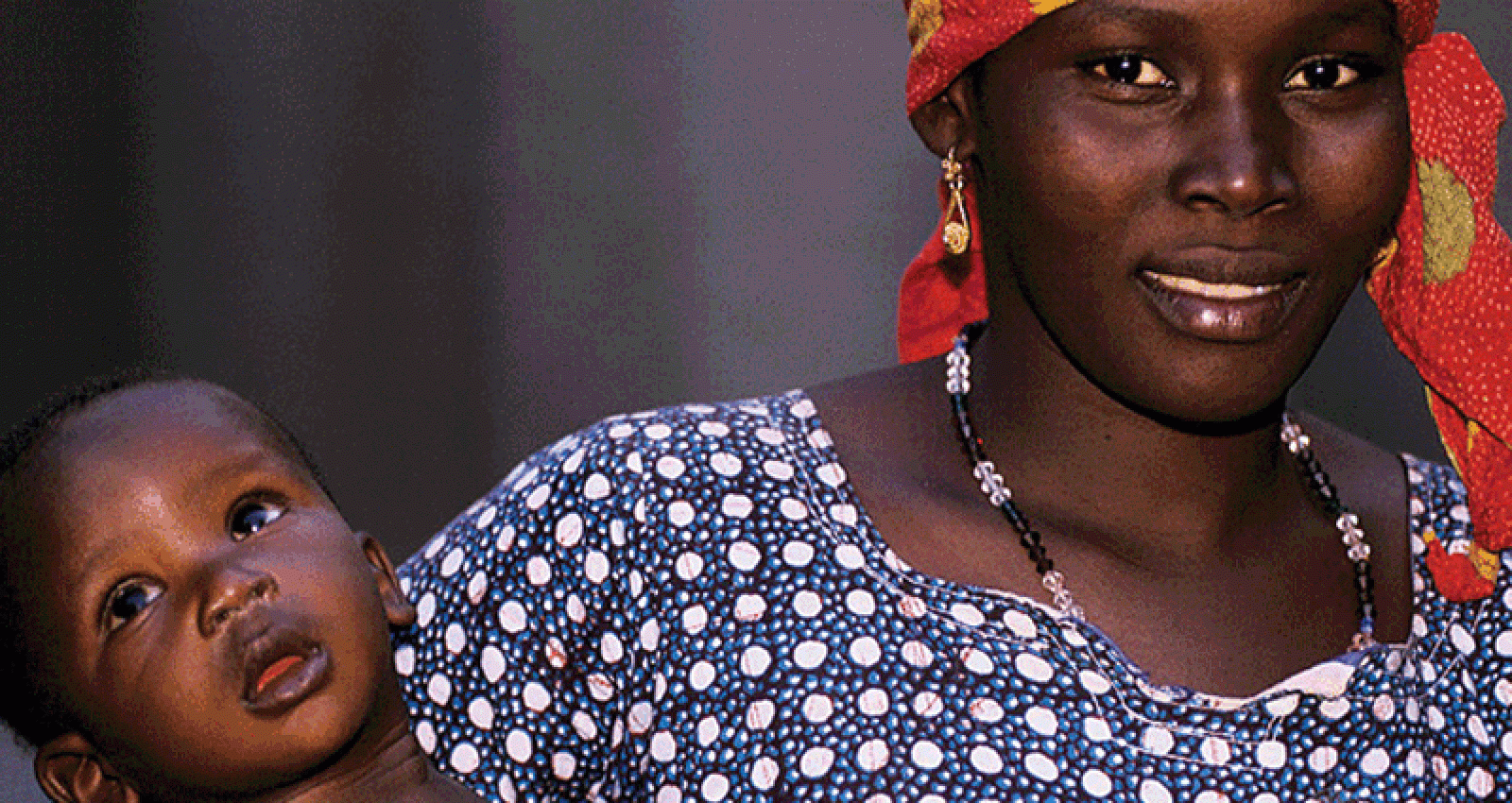Four steps to more gender-responsive evaluations
The challenge of mainstreaming gender-responsive evaluations in global organizations
The challenge of mainstreaming gender-responsive evaluations in global organizations
By:
Earlier this year in one of her weekly blogs IEG’s Director General Caroline Heider posed an important question: “How do we create the right incentives to ensure gender dimensions are included in our work?” My experience of mainstreaming gender in the United Nations system has convinced me four key issues must be addressed.
The golden opportunity of the post-2015 agenda
The year 2015 will be a year of global transformation, in which the new Sustainable Development Goals will be framed. Ensuring gender equality will be central to achieving these goals.
Evaluation must be equipped to inform its design and implementation, at both the global and national levels. National development policies and programmes should therefore be informed by evidence generated by credible national evaluation systems that are gender-responsive, while ensuring policy coherence. The challenge is: How can the global evaluation community ensure that evaluation shapes and contributes to the implementation of international, regional and national policies and programmes to achieve sustainable, gender-responsive and equitable development?
Gender-responsive evaluation: A global partnership
No single organization, regardless of how big, strategic or well-funded it is, can do it alone. The only way to address these challenges is through a global partnership. That’s why EvalPartners was launched two years ago.
EvalPartners, co-led by UN Women and the International Organization for Cooperation in Evaluation (IOCE), brings together evaluation and development practitioners in the UN system, multi-lateral banks, Civil Society Organizations, private foundations and governments to achieve a common goal.
Together with UNEG and the International Development Evaluation Association (IDEAS) EvalPartners launched a networked global multi-stakeholders consultative process to frame the future priorities of the global evaluation community, including how to integrate gender in international, national and regional evaluation policies and systems.
I would like to invite the World Bank Group as an institution, and each of you as committed professionals, to join the consultations and shape the future of a gender-responsive evaluation community.

Comments
Add new comment